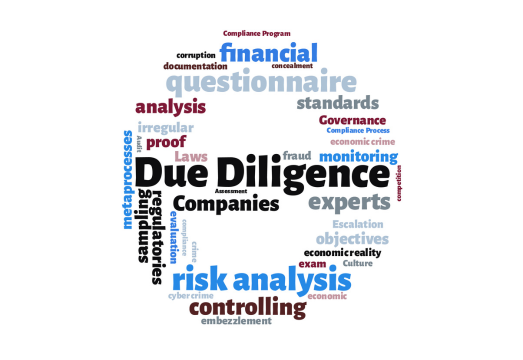Welcome back to our Corporate Governance Weekly Blog! In this edition, we’ll be delving into the crucial topic of ethics and corporate social responsibility (CSR). Join us as we explore the significance of ethical conduct, real-life examples of CSR in action, current trends, and guidelines for best practices.

The Importance of Ethics in Corporate Governance
Ethical conduct lies at the heart of effective corporate governance. It encompasses the principles and values that guide a company’s behavior, ensuring transparency, accountability, and fairness in all actions. Ethical corporate behavior not only builds trust with stakeholders but also safeguards a company’s reputation in the long run.
Corporate Social Responsibility: Beyond Profits
Corporate Social Responsibility (CSR) refers to a company’s commitment to operating in a way that benefits society and the environment while pursuing its business goals. CSR involves going beyond the traditional profit-focused mindset and considering the broader impact of business operations.
Real-Life Examples of CSR in Action
1. Patagonia and Environmental Responsibility: Outdoor clothing company Patagonia is renowned for its strong commitment to environmental sustainability. It donates a percentage of its sales to environmental causes, encourages customers to repair their products rather than replacing them, and uses sustainable materials in its products.
2. Microsoft & Accessibility: Microsoft’s commitment to accessibility is a prime example of CSR. The company invests in technology to empower individuals with disabilities and has introduced features like real-time captioning and audio descriptions to make its products more inclusive.
Current Trends in CSR
1. Environmental Sustainability: Companies are increasingly focusing on reducing their carbon footprint, conserving resources, and adopting sustainable practices to combat climate change.
2. Diversity & Inclusion: Diversity in the workforce and leadership is a growing CSR priority. Companies are striving to create inclusive workplaces that celebrate differences and offer equal opportunities.
3. Social Impact: Businesses are addressing social issues such as poverty, education, and healthcare through philanthropic initiatives and partnerships with non-profit organizations.
Guidelines for Best Practices in Ethics and CSR
1. Integrate Ethics into Company Culture: Companies should foster a culture of ethics by promoting values, ethical decision-making, and responsible behavior at all levels.
2. Transparent Reporting: Transparency in reporting on CSR initiatives and progress builds trust with stakeholders. Clear communication of goals, achievements, and challenges is essential.
3. Stakeholder Engagement: Engage with stakeholders, including employees, customers, investors, and local communities, to understand their needs and concerns.
4. Measurable Impact: Set clear goals and metrics to measure the impact of CSR initiatives on both business performance and societal well-being.
5. Supply Chain Responsibility: Extend CSR practices to suppliers and partners to ensure ethical standards are maintained throughout the entire value chain.
Real-Life Example: Tesla’s Sustainability Initiatives
Tesla’s focus on sustainability goes beyond electric vehicles. The company is actively involved in advancing renewable energy solutions through products like solar panels and energy storage solutions. Tesla’s mission to accelerate the world’s transition to sustainable energy demonstrates a holistic approach to CSR.
Conclusion
Ethics and corporate social responsibility are integral to effective corporate governance. Companies that prioritize ethical behavior and societal well-being alongside profitability are more likely to thrive in the long term. As businesses navigate complex challenges and opportunities, they must keep their ethical compass steady and strive for positive impact beyond their bottom line.
In our next blog post, we will explore the critical role of risk management in corporate governance. Join us as we delve into strategies for identifying, assessing, and mitigating risks to ensure sustainable business success.
We invite you to share your thoughts and experiences related to ethics, CSR, and the evolving landscape of responsible business practices in the comments below. See you next time!





